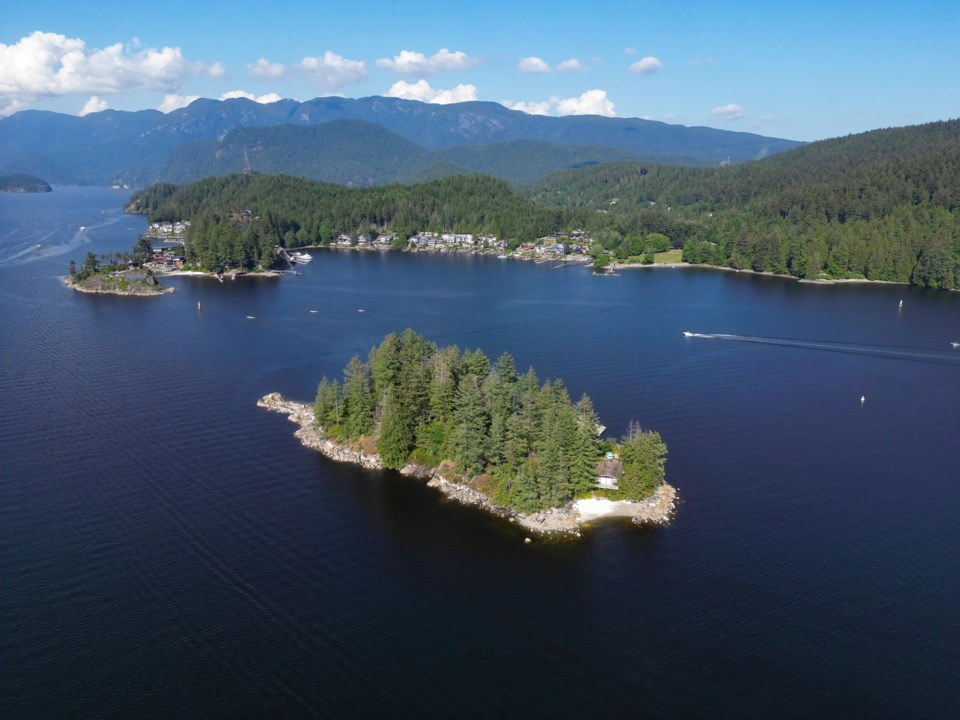Weatherhood — Metro Vancouver’s only hyper-local weather network — has just launched.
More than 50 sensors have been strategically placed throughout the region, including along the Sunshine Coast, all the way up to Whistler.
The result?
“The most accurate hyper-local weather available anywhere in Canada,” says Kemp Edmonds, Weatherhood’s director, noting the majority of the sensors are installed on low-rise rooftops in city environments.
“What we’re trying to do is capture what the weather would be like on the street level,” he says, pointing to other sensors at the Ladner Yacht Club, Stanley Park and the Capilano Suspension Bridge. Each sensor is placed within one to five kilometres of each other.
In an extreme weather event — like a heat wave — accessing hyper-local weather can help people survive, and know exactly which areas are cooler.
“We see five- to 15-degree differences in terms of what Environment Canada says will happen and what our stations are telling us about what’s happening on the ground,” says Edmonds. “During a recent heat wave… there were locations where it was 31 C and other locations where it was 20 C.”
Those differences in temperature can sometimes be a result of an inversion, explains Edmonds, where hot air goes up and cold air comes down. Vancouver, especially, gets them a lot, he says.
Weatherhood, he added, is characterized as “micro weather” whereas an agency like Environment Canada is “macro weather.”
“What they [Environment Canada] use is grid modelling, so if you know these four points, you can guess by math what [the weather] is going to be like here. That’s why we end up with so much inaccuracy in our weather,” Edmonds said, noting the government-run agency does not have any sensors in the City of Vancouver, City of Surrey or City of North Vancouver.
Edmonds notes Weatherhood stations update six times more than AccuWeather or Environment Canada.
Accurate weather forecasts also help British Columbians plan better, he said, for their commute or outdoor adventure. It can be the difference between packing sunscreen or an umbrella.
“For me, it’s often that it looks cloudy and rainy, and then it’s beautiful. This often happens when I’m on the coast,” said Edmonds. “You’re like, ‘It’s supposed to rain all weekend.’ You get out and you’re like, ‘Wow, it’s really sunny.’”
Weatherhood is a partnership between Glacier Media, Switzerland-based Meteoblue, UBC’s Department of Earth, Ocean and Atmospheric Sciences and the many community groups and organizations that are hosting a sensor.
The service is only available in the Lower Mainland and the coast; however, Edmonds says there are plans to expand in the future.



